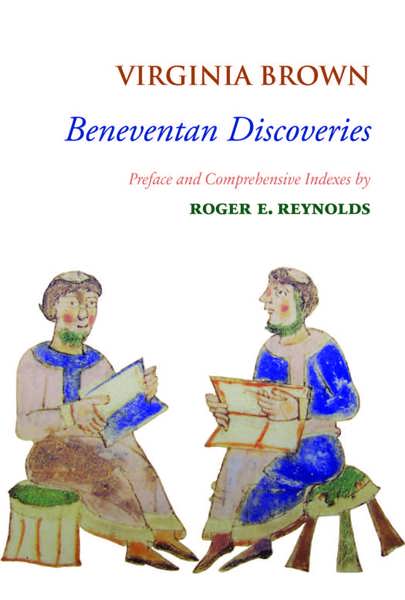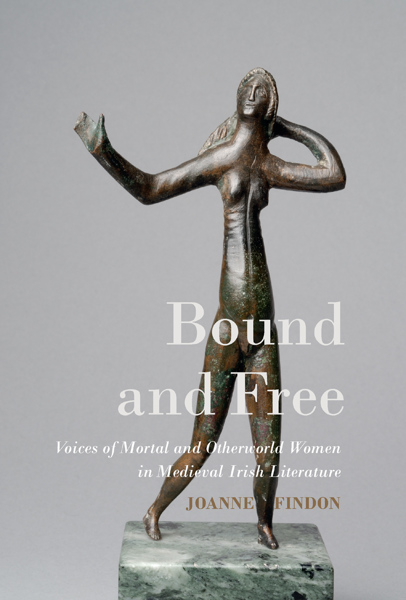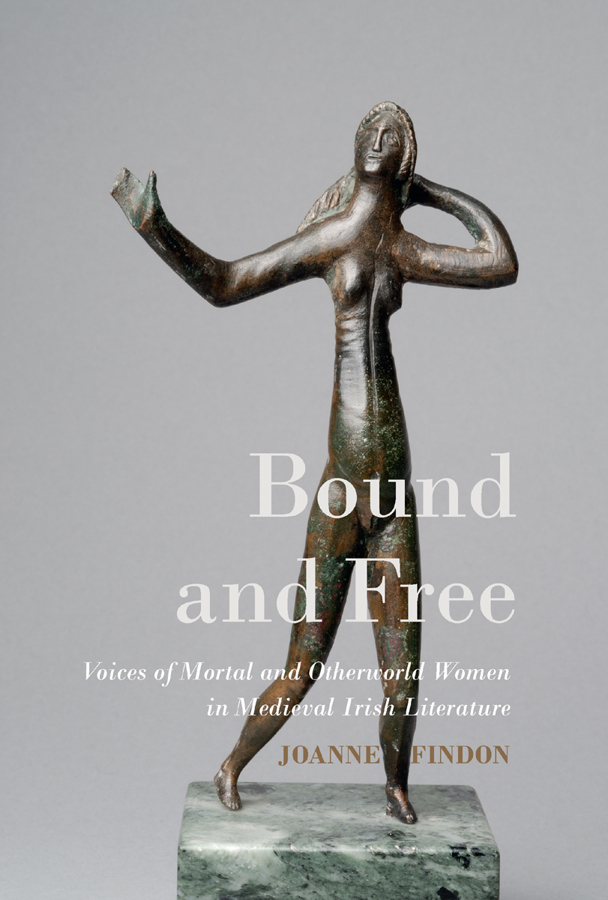
Bound and Free: Voices of Mortal and Otherworld Women in Medieval Irish Literature
Joanne Findon
- Pages: approx. 232 p.
- Size:152 x 229 mm
- Language(s):English
- Publication Year:2024
- € 91,00 EXCL. VAT RETAIL PRICE
- ISBN: 978-0-88844-236-9
- Hardback
- Forthcoming (Jun/24)
*How to pre-order?
Otherworld women feature in a number of medieval Irish tales. They are not always powerful figures, and their struggles often mirror those of mortal women; authors apparently found them useful for exploring social tensions and issues of contemporary concern. This volume analyzes female figures as literary characters, rather than as mythological beings, focusing on their expression of emotions and the repercussions for the societies depicted in the narratives. Drawing on gender analysis, speech act theory, narratology, disability theory, and trauma theory, and incorporating recent work on emotions in medieval literature, this study probes the representation of both mortal and Otherworld women as active and desiring subjects and the responses that their words and actions might have generated in their medieval audiences.
Acknowledgements
Abbreviations
Introduction
Part One: Mortal Women
CHAPTER ONE
Mother Knows Best: The Role of Nes in Compert Conchobuir
CHAPTER TWO
Fate, the Feminine, and the Flawed King: Conchobor, Deirdriu, and Luaine
CHAPTER THREE
A Woman’s Last Word: Emer’s Construction of the Hero in Brislech Mor Maige Muirthemni
Part Two: Otherworld Women
CHAPTER FOUR
A Good (Mortal) Man is Hard to Find: Otherworld Women and Bad Romance
CHAPTER FIVE
What She Wants: Female Desire and Agency in Tain Bo Froich and Aislinge Oenguso
CHAPTER SIX
The Grieving Otherworld Woman in Serglige Con Culainn, Aided
Derbḟorgaill, and Acallam na Senorach
CHAPTER SEVEN
Aided Derbḟorgaill and the Otherworld Body: Shape-Shifting and
Disability
CHAPTER EIGHT
Dangerous Siren or Abandoned Wife? Gloss versus Text on a Manuscript Page
Conclusion
Bibliography
Index


